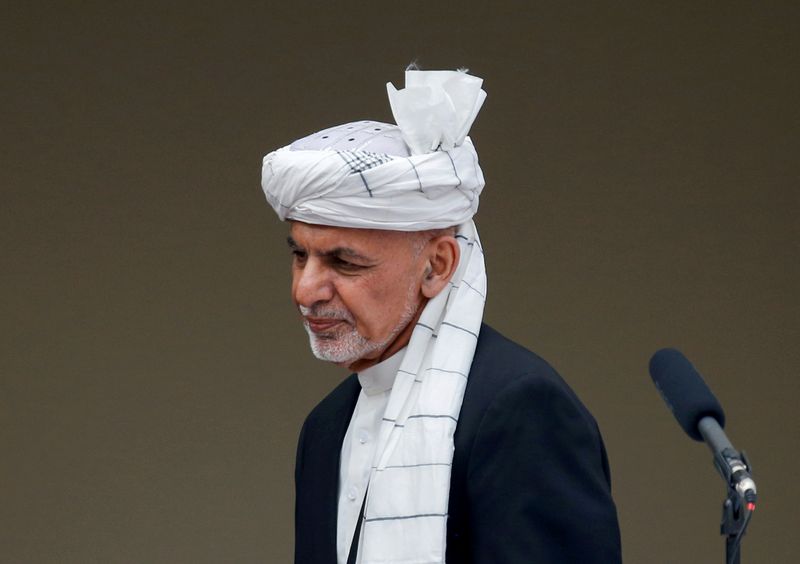By Abdul Qadir Sediqi and Jibran Ahmad
KABUL/PESHAWAR, Pakistan (Reuters) - The Taliban declined on Saturday to begin talks with the Afghan government's new negotiating team in a setback to the U.S.-brokered peace process for one of the world's longest-running conflicts.
Spokesman Zabihullah Mujahid said the militants could not talk to the 21-member team named on Thursday as it was not constituted taking into account all parties.
The team is headed by Masoom Stanekzai, an ex-security chief and supporter of President Ashraf Ghani, and includes politicians, former officials and representatives of civil society. Five members are women.
"In order to reach true and lasting peace, the aforementioned team must be agreed upon by all effective Afghan sides so that it can represent all sides," said Mujahid.
The United States, which ousted the Taliban from power in 2001, signed a troop withdrawal deal with the group in February.
But progress on moving to talks between the militants and the Afghan government has been delayed by a feud between Afghan politicians, and disagreement between the Taliban and the government prisoner releases and a possible ceasefire.
Afghan ministry of peace affairs spokeswoman Najia Anwari said the Taliban's stance was unjustified as the negotiating team was made after wide consultations among Afghan society.
Ghani's political rival Abdullah Abdullah has not confirmed whether he will support the delegation, potentially important given his camp's strong influence in the north and west.
Abdullah's spokesman Fraidoon Khwazoon said that though the announced list was not final and there were "considerations that needed to be addressed", it should not be rejected outright.
"All sides including the Taliban should try not to lose the available opportunity for peace, by make illogical excuses. The Taliban should not lose the current opportunity."
The U.S. Embassy did not immediately respond to requests for comment on Saturday.

U.S. Secretary of State Mike Pompeo failed to mediate between Abdullah and Ghana to create an "inclusive" government during a visit to Kabul on Monday, and announced a $1 billion cut in U.S. aid to Afghanistan, which he said could be reversed.